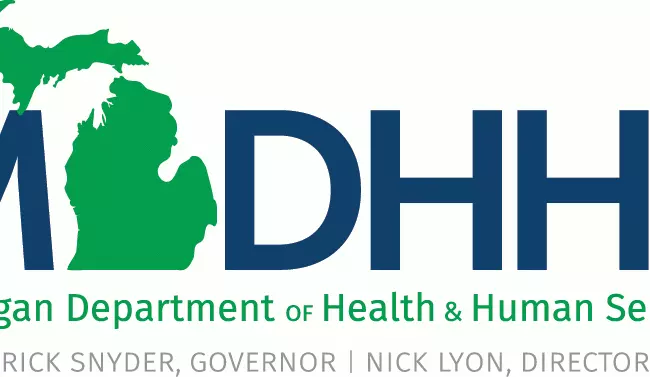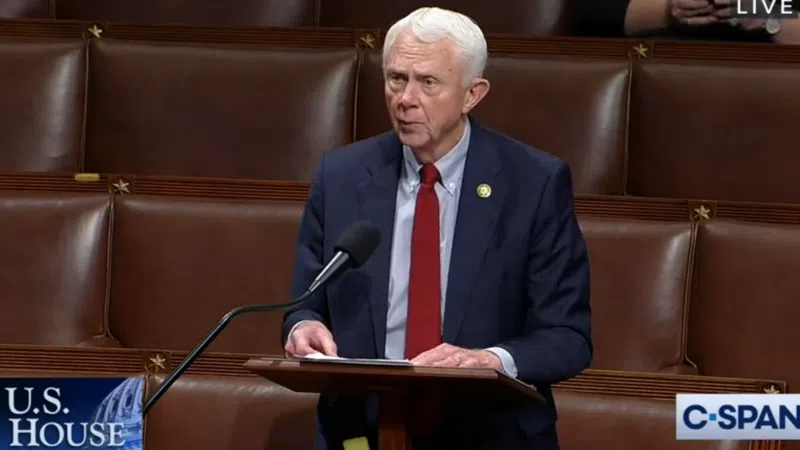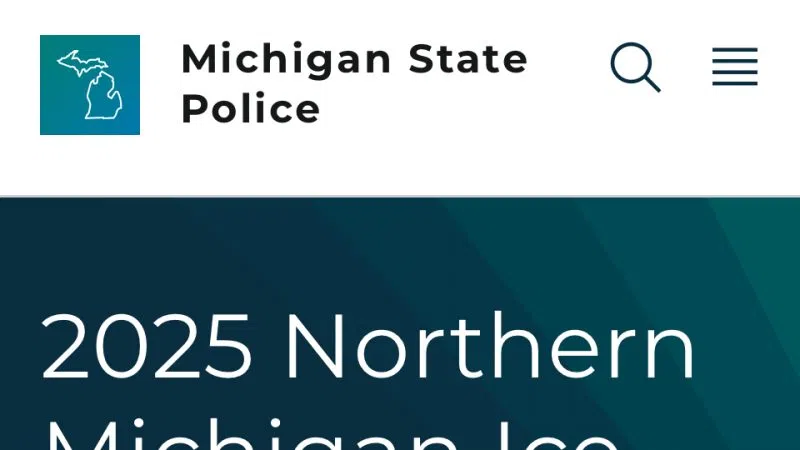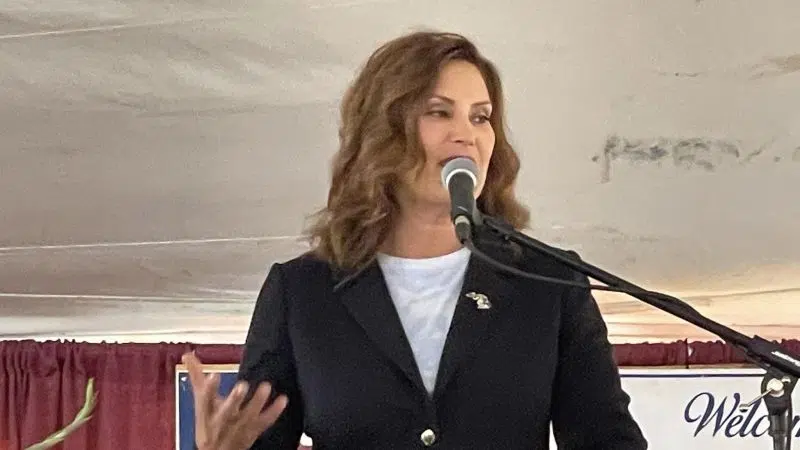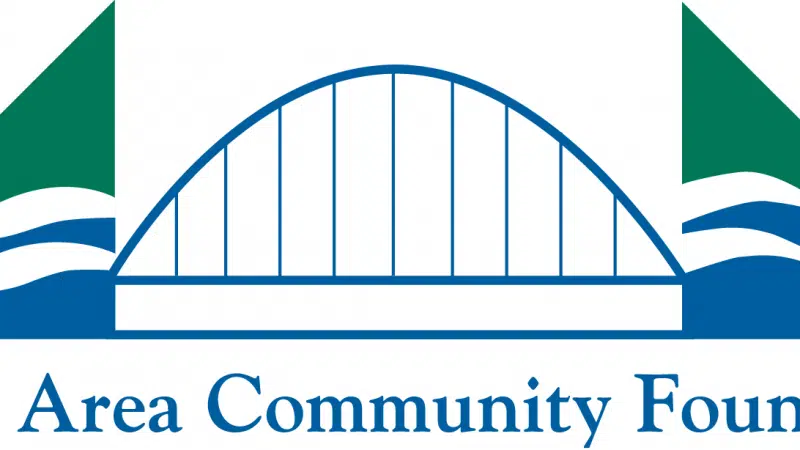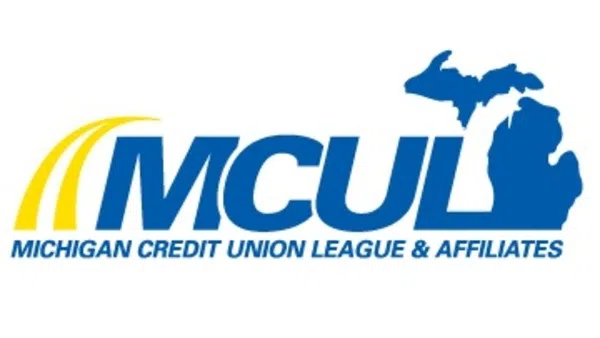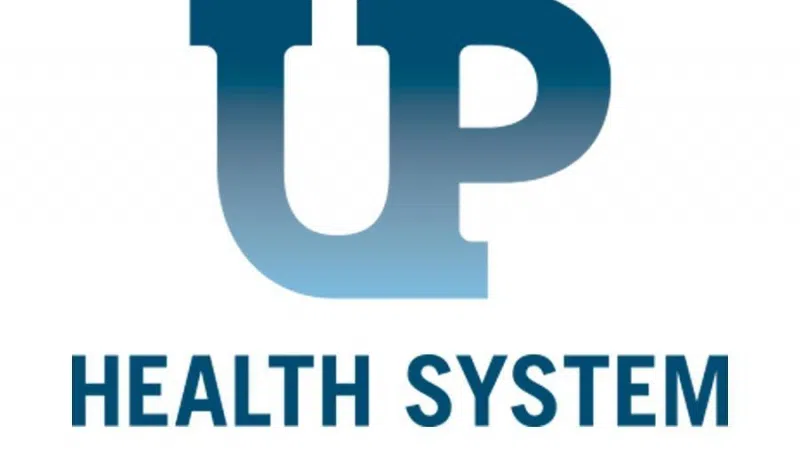In response to stakeholder feedback, the Michigan Department of Health and Human Service (MDHHS) sought and has received approval from the U.S. Department of Agriculture (USDA) to revise its policy on donation of unused, returned formula.
The revised policy, effective May 31, allows Women, Infants and Children (WIC) agencies to donate unused, returned formula to a local non-profit organization or continue to discard. Due to USDA restrictions, the policy does not allow unused, returned formula to be reissued to WIC clients.
In February 2019, MDHHS implemented a policy revision that disallowed both re-issuance of unused, returned formula to WIC clients and donation of formula to food pantries or shelters. That revision came after guidance from USDA.
“Stakeholders expressed valid concerns over this change and MDHHS began consulting with the USDA about revising the policy,” said Dr. Joneigh Khaldun, MDHHS chief medical executive and chief deputy director for health. “The new policy complies with USDA regulations, acknowledges stakeholder concerns and responds to the significant challenges and access barriers our families face.”
In some cases, WIC clients find the formula they received is not tolerated by their baby. In order to receive a reissuance of formula benefits, clients must return the unused formula to their local WIC office. Some WIC offices in return donate the formula, and it can be an important source of nutrition for families using food banks.
“This change honors our values: listening to our partners in service on the frontlines and putting families’ needs first,” said Robert Gordon, MDHHS director.
Before donating the formula, local agencies are required to examine unused, returned formula for can condition and expiration date, and to dispose of opened, dented or otherwise damaged and expired formula. Agencies must also keep an electronic log of unused, returned formula and what action is taken with the formula.
